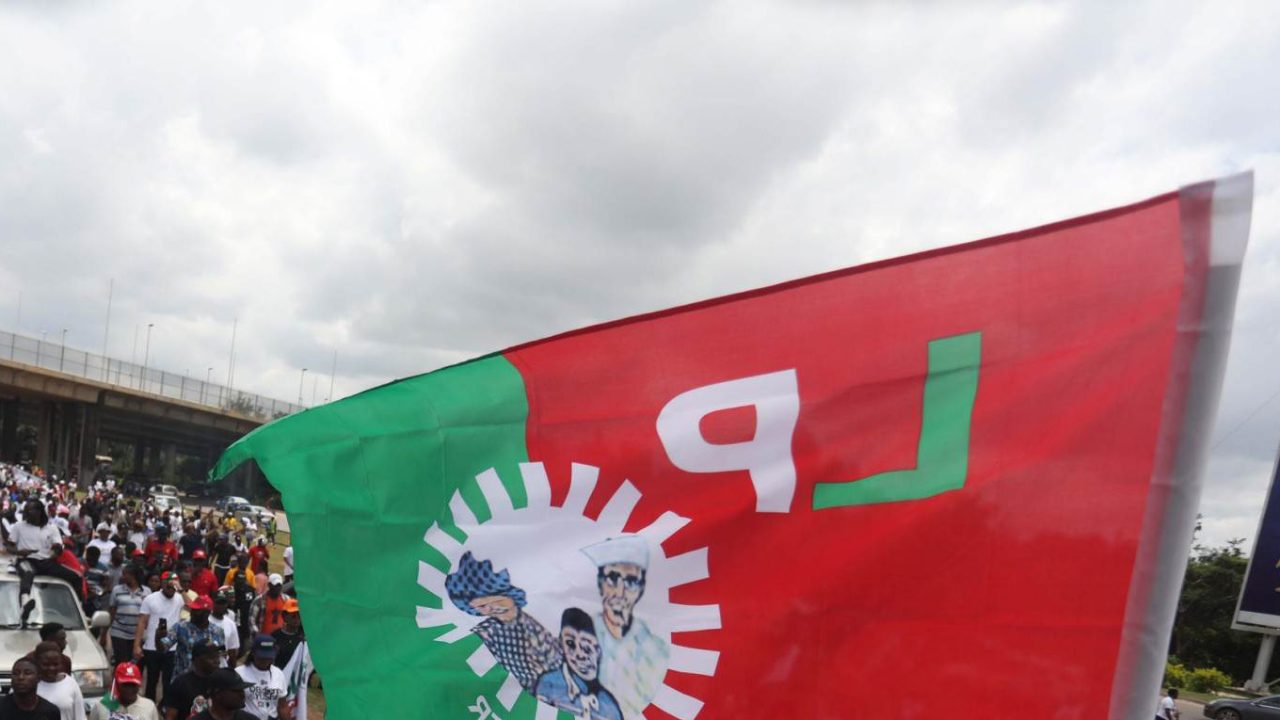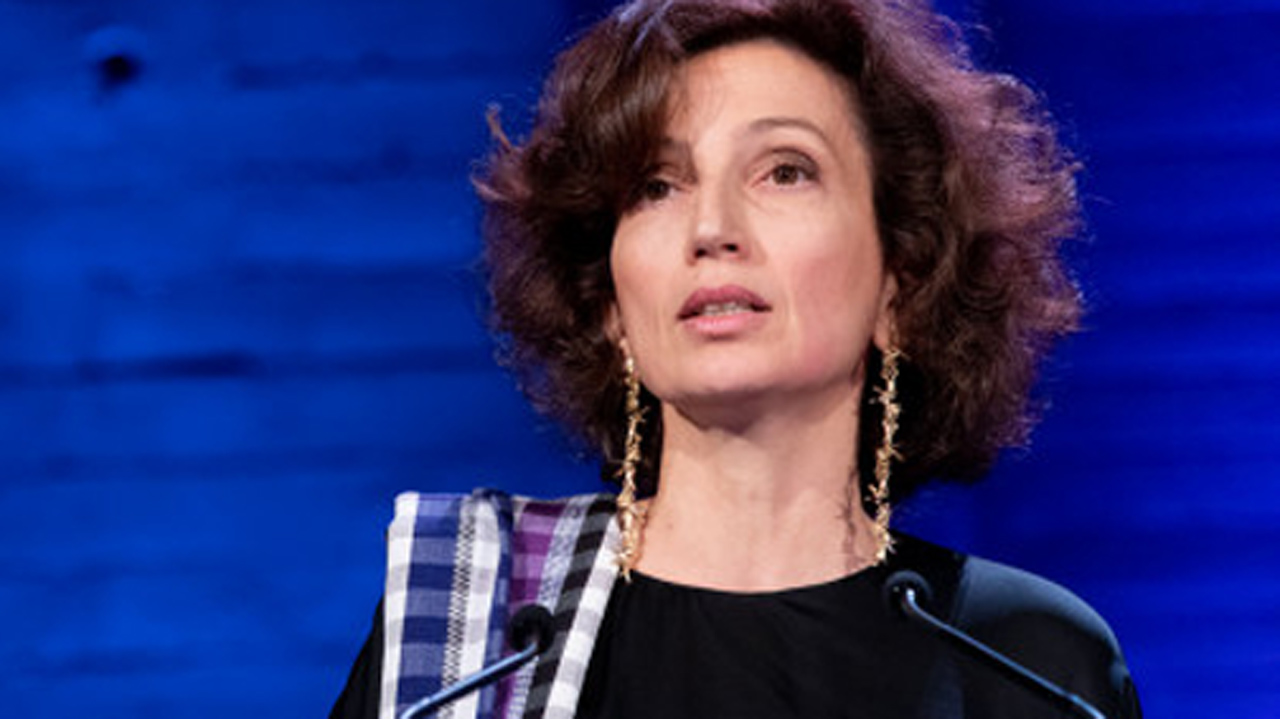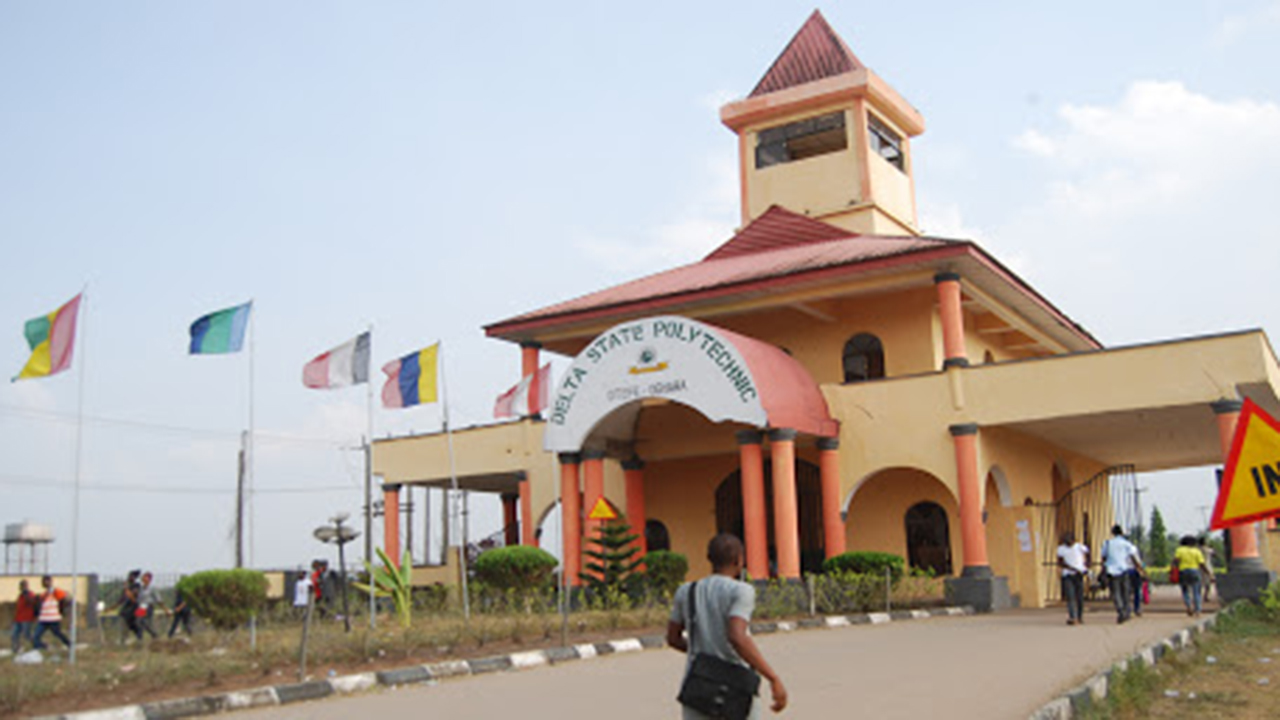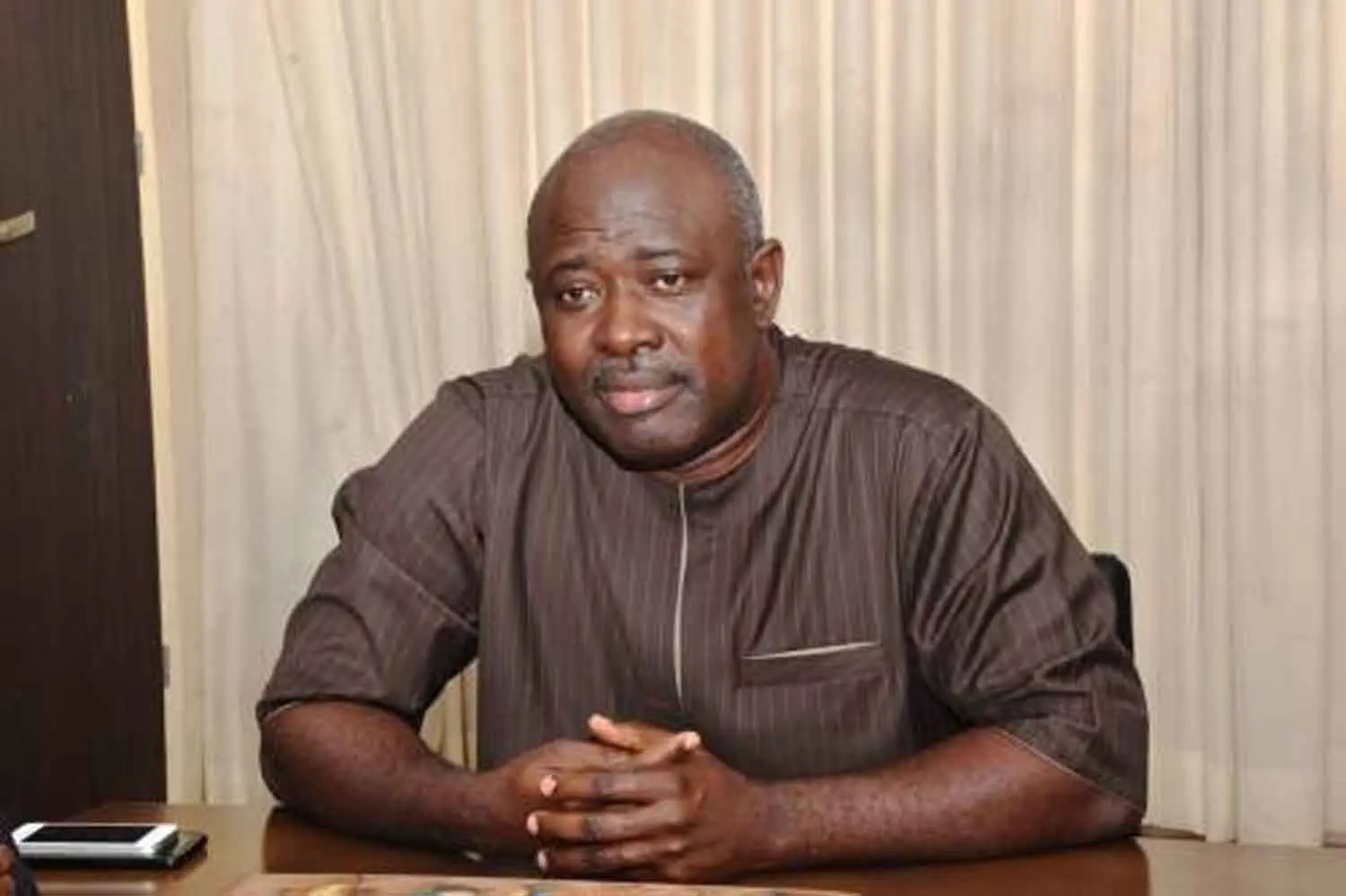As the economic hardship bites harder, many Nigerians are now finding it extremely difficult to buy essential goods according to the new report by Cowry Research.
The report which shows 56 per cent decline in the purchasing power of Nigerians over the last two years, highlights the tough times Nigerians are going through.
The National Bureau of Statistics (NBS), in its cost of healthy diet (CoHD) report for May 2024, informed that it now costs an average of N1,041 to have a single healthy food in a day.
The “Half Year 2024 Nigerian Economic and Financial MarketReview and Outlook for second half (H2) 2024 report attributes the drop to high inflation rates, currency devaluation and disruptions in global supply chains.
The analysis, presented by Founder of Cowry Asset Management Limited, Johnson Chukwu, reiterated the impact of economic challenges on the ability of Nigerians to afford necessities and maintain their standard of living between 2021 and 2023.
Chukwu pointed out that rising costs have outpaced wage growth, leaving many households struggling.
The report indicates that the decline was foreseen as early as the fourth quarter (Q4) of 2019 when the Central Bank of Nigeria’s (CBN) Customer Expectation Survey (CES) warned that rising inflation and high costs would negatively impact citizens’ purchasing power.
Chukwu noted that past government policy decisions failed to address the warning signals, exacerbating the situation.
Inflation in Nigeria has reached a 28-year high, with the country ranking second highest in Africa, after Congo.
Food inflation has particularly affected staple items like yam, cassava, rice, corn, meat, and fish, contributing to a food inflation rate of over 40 per cent.
Chukwu noted that more than half of what Nigerians could afford two years ago is now out of reach, especially for those with stagnant incomes.
He predicts a slow moderation of headline inflation in the second half (H2) of 2024, driven by the upcoming harvest season, the suspension of taxes on some food items, a relatively stable exchange rate, and weak consumer demand.
However, he also warned of potential risks that could worsen inflation, such as possible hikes in petrol prices, further naira devaluation, increases in electricity tariffs, and potential wage awards to public servants.
In response to the challenges, Chukwu urged the Federal Government to take immediate measures to mitigate the impact of inflation.
He emphasized the need for robust food production systems to reduce reliance on imported food, which is vulnerable to price volatility and exchange rate fluctuations.
He recommended investments in modern farming techniques, infrastructure development, and support for small-scale farmers as crucial steps toward enhancing local agricultural production.
Such measures, he argued, would stabilize food prices, create job opportunities, and improve food security.
Cowry Research report comes at a critical time as many Nigerians continue to face economic hardship. It calls for strategic interventions to address the underlying issues and support sustainable economic growth and stability.
Organised labour is currently demanding a new minimum wage of N250,000, insisting that the present state of the economy has made nonsense of their current wages.


















